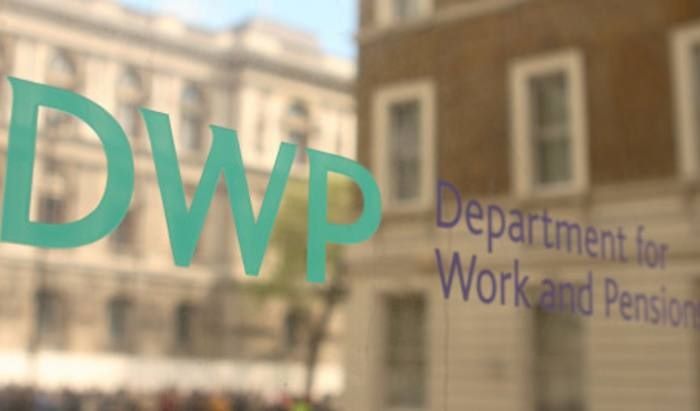The UK government has proposed legislation that will permit occupational pension schemes to divest from companies if they believe their environmental policies could harm investment returns in the longer term.
On Monday, the Department of Work & Pensions, invited responses to a consultation entitled “clarifying and strengthening trustees’ investment duties,” with a view to empowering pension schemes to reallocate cash by considering the impact of climate change.
In the paper outlining the proposals, the government said it hoped new regulations would encourage trustees to take account of the broader risks in portfolios which may not be explicitly covered in financial reporting alone.
It said: “Our proposed regulations are intended to reassure trustees that they can (and indeed should) fulfil the responsibilities associated with holding the investment in members’ best interests… not just through voting, but the full range of stewardship activities, such as monitoring, engagement and sponsoring or co-sponsoring shareholder resolutions.”
The trade group which represents UK pension funds with assets under management of more than £2.2 trillion, said the consultation was an “important step” in tackling confusion which continues to exist in measuring risks to portfolio investments.
In a statement, Caroline Escott, policy lead for Investment and Defined Benefit at the Pensions and Lifetime Savings Association, said it is “crucial” that schemes consider how climate risks can impact returns in the long term, noting that the government proposals will help ensure trustees to be clear on the distinction between when an ESG issue is a financial consideration or an ethical one.
She explained: “As stewards of members’ money it’s good practice for schemes to be mindful of members’ views, such as ethical beliefs, when shaping their investment strategies, however it’s vital that new rules do not blur the role and responsibilities of trustees.
“Any new requirements must be practical, and must not place any unnecessary burden or constraint on schemes, or create excessive costs. We look forward to responding to the consultation and continuing to work with the DWP and our members on this important issue.”








